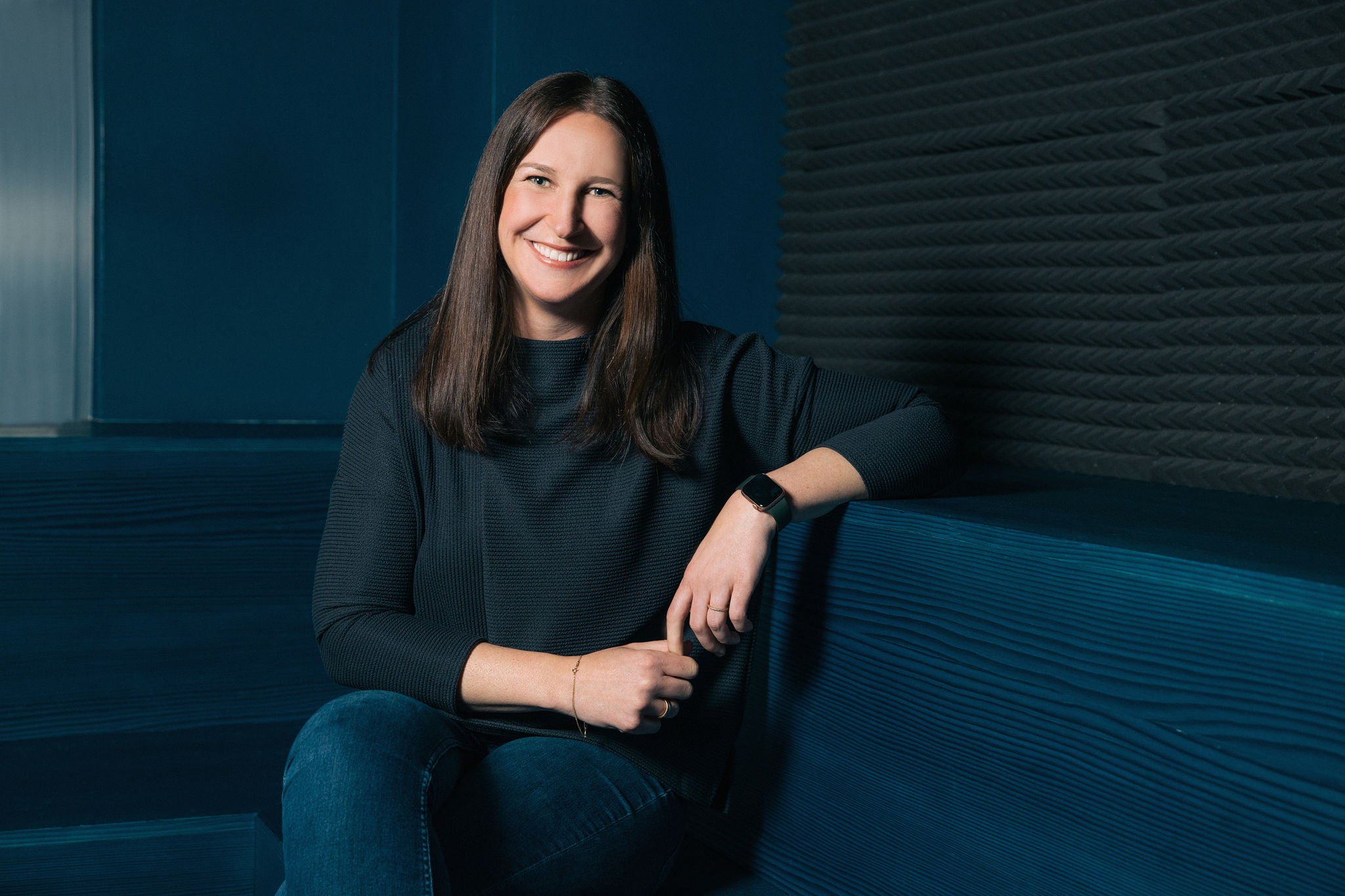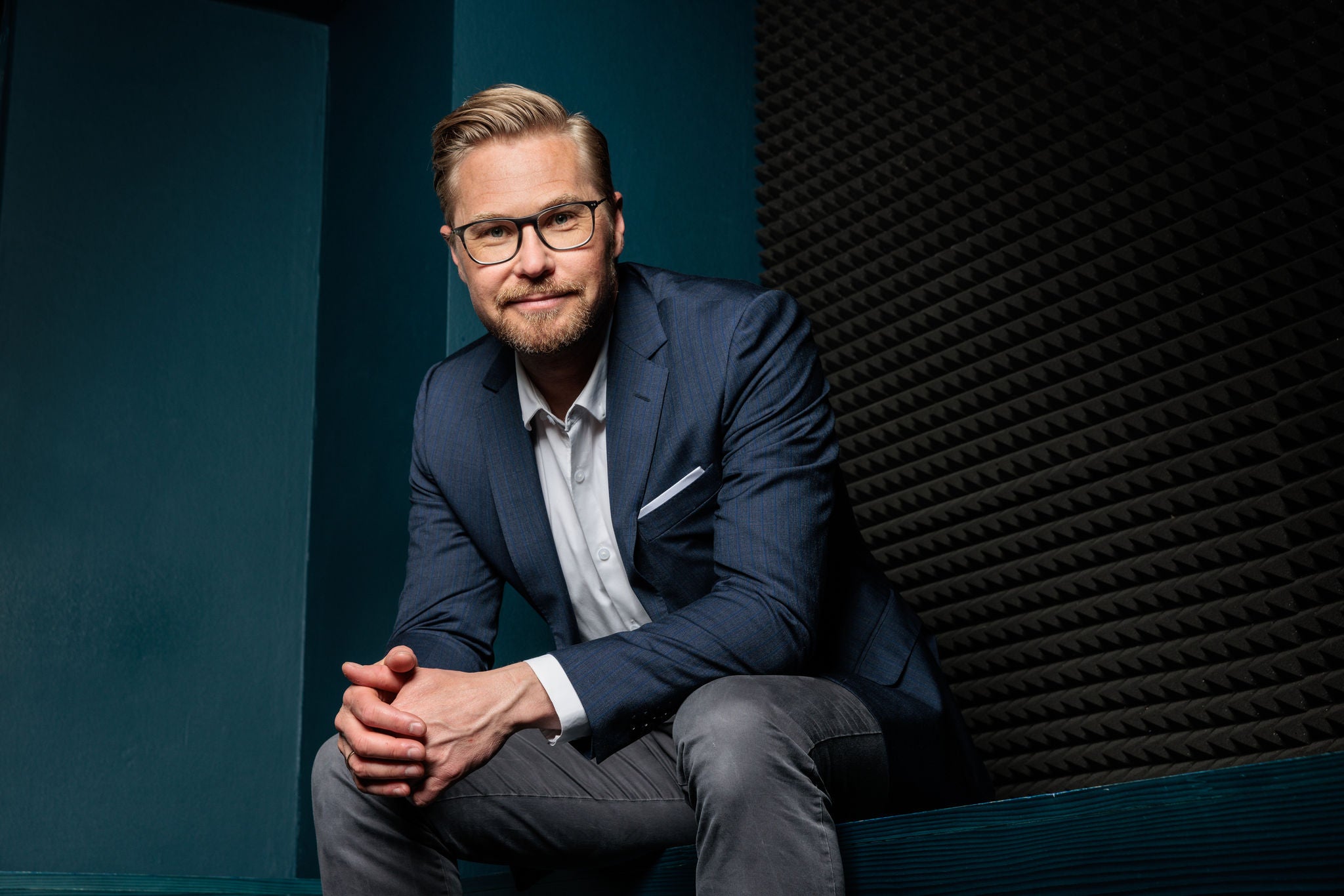For decades, German companies have been recognized as export champions, with “Made in Germany” serving as a globally trusted quality promise. However, global economic conditions are shifting, and younger generations are developing new perspectives on brands and their origins.
Once celebrated as a nation of inventors, Germany’s economy now faces enormous challenges. What helps in times like these? An outside perspective. Today, we are speaking with the creators of the future narrative study “The Future of Made in Germany”: Stefan Baumann, Founder and Managing Partner at STURMundDRANG, and Stefanie Kuhnhen, Chief Strategic Officer at Serviceplan Germany.
TWELVE Mail: Together with MEISTERKREIS and German brands, you explored the question: Is “Made in Germany” future-proof? You surveyed 3,000 international consumers and spoke with numerous experts from business and culture. What drove you to conduct this study?
Stefanie Kuhnhen: It’s simple – we want to contribute in the way we know best. As an agency, we guide brands and businesses through transformation, especially in times of crisis. Our goal with this study was to take the findings and develop new narratives that help German brands stay competitive on the global stage.
Stefan Baumann: We wanted to understand the true potential of “Made in Germany”. Everyone knows that the old story of traditional “German Engineering” is fading. But the exciting question is: What comes next? What is the “Good New Germany”? What qualities do international consumers associate with German products? How important is a product’s country of origin? And what competencies will German brands be recognized for in the future?
TWELVE Mail: So, what are your key findings?
Stefan Baumann: The good news first: “Made in Germany” still enjoys high trust internationally. We’re seen as strong, and qualities like technical excellence, reliability, and craftsmanship remain firmly associated with German products.
Now for the bad news: while this strength remains, it will no longer be enough. Simply producing technically excellent products is not sufficient for the next economic system. We have significant deficits in digitalization and innovation. And we are failing to leverage the unique future-oriented qualities that are becoming increasingly relevant.
TWELVE Mail: What can brands do to avoid being labeled as merely preserving the “Good Old Germany”?
Stefanie Kuhnhen: We need integration intelligence. The future belongs to those who can connect different worlds: the real world with the digital world, the product world with human and cultural worlds, and the scientific world with the economic world. This presents enormous potential for German brands. Thinking in holistic systems that serve both businesses and people’s lives—that’s something we are good at. Simply having perfect manufacturing precision won’t be enough anymore.
TWELVE Mail: Your study states that “Made in Germany” drives human progress. What does that mean?
Stefan Baumann: It’s simple: human progress is only possible through integration intelligence, as Stefanie just mentioned. German brands don’t just produce isolated, high-performance technical products – “Made in Germany” offers much more: human progress. German products aren’t just about engineering excellence; they exist within a broader socio-cultural and economic context. It’s time to move beyond being known only for technical innovation and start positioning ourselves as architects of the future – creating human-centered, sustainable systems that integrate seamlessly into daily life.
Stefanie Kuhnhen: In Germany, the economy plays a major role in shaping our identity. Right now, we are collectively searching for a new guiding principle – a North Star that connects and leads us forward. The old formulas alone no longer work.
I firmly believe that what we call the “new human era”—especially in times of AI, self-sufficiency, and climate crisis—presents a real opportunity for the evolution of German brands. Take electric cars, for example: if I buy a German EV instead of a Chinese one, the latter may be cheaper, but I’m also buying into social injustice. We should emphasize that choosing German products means supporting a livable environment for people. Developing products and services specifically for this innovation space is our opportunity. The world trusts us to create these holistic, human-centered qualities—let’s use that trust!
Our narrative roadmap, based on the study, highlights these opportunities not just for companies but for “Brand Germany” as a whole. The fog of uncertainty can clear, allowing us to tell inspiring stories that unite us behind a shared purpose and excite people about the future.
TWELVE Mail: Thank you for the conversation.
Interested in more content?
Back to Issue #18


